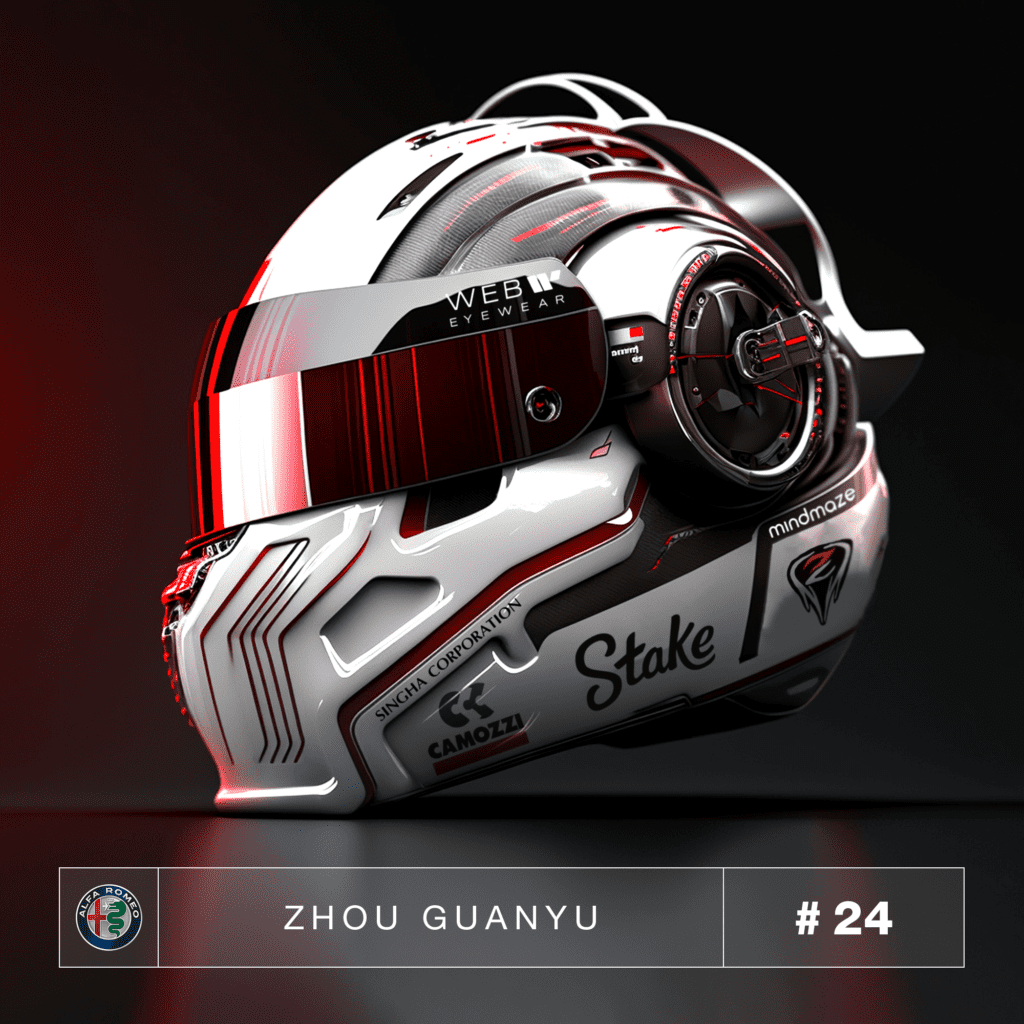Hermès Secures Landmark Victory in NFT Copyright Infringement Case
Fast Facts:
- Hermès, the renowned luxury brand, wins a copyright infringement lawsuit against NFT artist Mason Rothschild.
- Rothschild’s MetaBirkins NFT collection, based on Hermès’ iconic Birkin bags, led to the legal dispute.
- The verdict awards Hermès $133,000 in damages and establishes an important precedent for NFT creators.
- The case highlights the need for NFT creators to navigate intellectual property laws when using other brands’ IP.
- Intellectual property and ethical considerations are becoming increasingly important in the rapidly evolving digital age.
Hermès, the prestigious French luxury brand established in 1837, has emerged triumphant in a significant copyright infringement lawsuit against NFT artist Mason Rothschild. The legal battle revolved around Rothschild’s MetaBirkins NFT collection, which utilized the design and name of Hermès’ iconic Birkin bags. This landmark case has far-reaching implications for the rapidly expanding world of NFTs and highlights the importance of intellectual property law in the digital age.
The Victory and Precedent Set
Hermès’ victory in the lawsuit not only secured $133,000 in damages but also established a crucial precedent for NFT creators and intellectual property law in the digital realm. The case relied on the well-known Rogers v. Grimaldi standard, commonly referred to as the Rogers test, which assesses the balance between artistic expression and trademark infringement. The jury found that Rothschild’s MetaBirkins NFTs were likely to cause consumer confusion and detrimentally impacted the Hermès brand. This outcome sends a clear message to NFT creators to exercise caution when incorporating other brands’ intellectual property in their work.
Intellectual Property Challenges in the Digital Age
The lawsuit brings to the forefront the complex landscape of intellectual property in the digital age. As NFTs gain popularity as a means of monetizing creative work, the issue of intellectual property rights becomes increasingly critical. The Hermès vs. Rothschild case demonstrates the need for NFT creators to understand and respect the rights of others to avoid potential trademark lawsuits. The world of digital creations necessitates a careful examination of legal and ethical considerations to ensure compliance with intellectual property law.
“The Hermès vs. Rothschild case stands as a seminal moment in the evolving landscape of intellectual property rights in the digital age. This victory not only protects our brand but also sets an essential precedent for NFT creators to tread carefully when incorporating others’ intellectual property in their work.”
Protecting Brands and Encouraging Responsible Creation
Hermès’ victory underscores the importance of protecting brand identity and reputation in the digital space. Luxury brands like Hermès invest significant resources in maintaining their distinctiveness and craftsmanship. With the rise of NFTs, it is imperative for creators to appreciate the legal and ethical implications of their work. NFT artists should exercise diligence when using elements of established brands in their creations to avoid infringing upon intellectual property rights. Upholding intellectual property laws and fostering responsible creation will help maintain a healthy and sustainable NFT ecosystem.





















